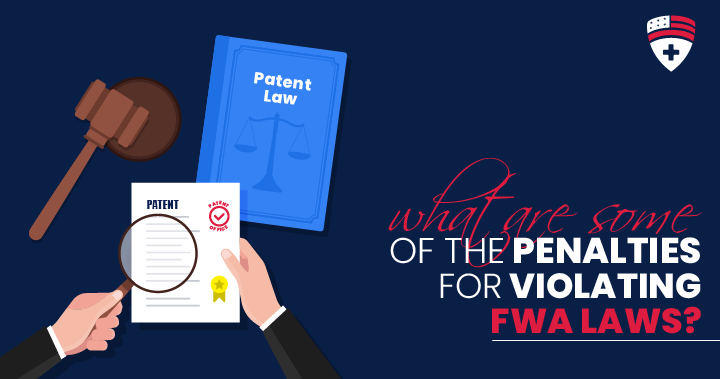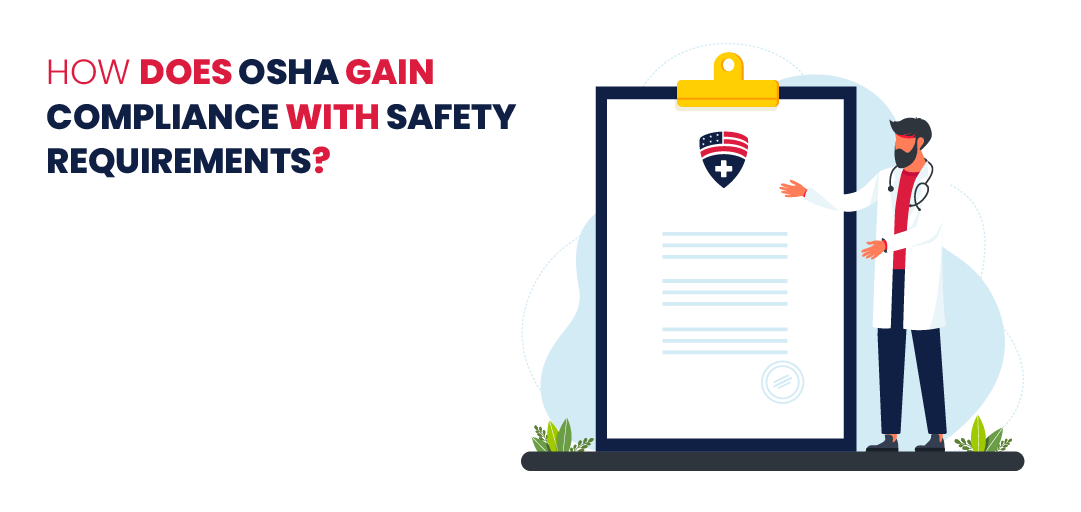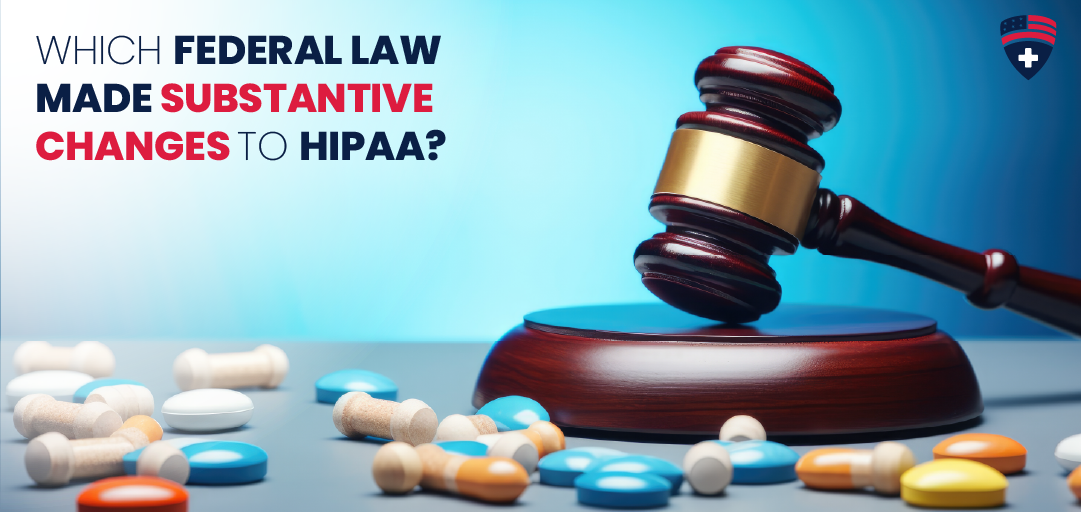
What are Some of the Penalties for Violating FWA Laws?
FWA laws are rules created to stop, spot, investigate, fix, and report fraud, waste, and abuse in healthcare programs. They’re set up to maintain these programs’ honesty and efficiency.
Therefore, breaking these laws can result in serious penalties for violating FWA laws of the people and groups involved.
American Healthcare Compliance created Combating Fraud, Waste, and Abuse (FWA) Training in Healthcare. By updating their skills, healthcare professionals get the latest information to fight fraud, waste, and abuse. Contact us for more information about our comprehensive trainings.
But the question is: what are some of the penalties for violating FWA laws? So, let’s talk in detail about the penalties for violating FWA laws.
Anti-Fraud Laws and Regulations
Healthcare fraud and abuse are very bad things that can get people and organizations in trouble with the law. Many federal laws and rules are in place to control, encounter, and penalize healthcare fraud.
The False Claims Act (FCA): Prevents businesses from overcharging the government or offering subpar goods or services.
Whether you do it on purpose or not, sending false claims to Medicare or Medicaid can get you fines and penalties that are very expensive.
Some parts of the Act punish kickbacks and break other healthcare laws, such as the AKS or Stark law.
The Anti-Kickback Statute (AKS): Prohibits “remuneration” for patient referrals in federal healthcare programs. People who give and receive kickbacks may be charged with crimes, fined, or even kicked out of federal programs.
Penalties for violating FWA laws include fines, jail time, being kicked out of federal health care programs, and fines of up to $50,000 per kickback.
Physician Self-Referral Law (Stark Law): Except in certain cases, physicians cannot refer patients for certain health services to entities they financially support. Fines and being kicked out of federal health care programs can happen for breaking the rules.
Health Care Fraud Statute: The Health Care Fraud Statute makes planning and carrying out schemes to steal money from health care benefit programs illegal. Up to 10 years in prison and fines of up to $250,000 are possible for people who break this law.
Civil Monetary Penalties Law (CMPL): The CMPL allows civil monetary penalties for those who knowingly submit or cause to be submitted a claim for an item or service that was not provided or was false or fraudulent.
Penalties for Violating FWA Laws
Breaking Fraud, Waste, and Abuse (FWA) laws seriously impacts people and organizations. Here are some penalties:
Financial Penalties:
FWA violators may be fined thousands to millions of dollars, depending on the severity of the offence.
Jail:
In some cases, breaking the FWA could lead to jail time. Making false claims, for example, could lead to a fine of up to $250,000 and 20 years in prison. People who break these rules could be locked up for life if someone dies because of them.
Exclusion from Health Programs:
If you break FWA laws, you might not be able to take part in any federal health care programs. It could have notable financial effects on healthcare providers.
Bringing Charges in Civil Court:
Along with financial penalties, people or groups found guilty of FWA violations can also be sued in civil court.
Conviction in a Criminal Case, Fines, or Both:
Serious FWA violations can lead to criminal charges, including fines, jail time, and probation.
License Loss:
Healthcare professionals who break the FWA could lose their license to work as a doctor or nurse. Because of this, it could have a big effect on their medical career and reputation.
In Conclusion:
Penalties for violating FWA laws can have serious consequences. Thus, punishments include large fines, jail time, and expulsion from federal health programs, civil lawsuits, criminal convictions, and professional license revocation. These consequences affect people and businesses, emphasizing the importance of following FWA rules to maintain trust and honesty in the healthcare industry.
American Healthcare Compliance developed Healthcare FWA Training. By updating their skills, healthcare workers learn about fraud, waste, and abuse.
In this training you will learn:
- Fraud waste and abuse: definition and examples
- What does the FCA protect, and what are the penalties for breaking it?
- The Anti-Kickback Statute (AKS) and the Physician’s Role
- “Stark Law,” the Law on Physician Self-Referral
- Partnerships between healthcare providers, insurance companies, and outside vendors
Check your knowledge here and attempt quiz
FAQs
1: What is the penalty for False Claims Act 2023?
False Claims Act (FCA) violations cost $13,508 to $27,018 per claim as of January 30, 2023.
The minimum penalty increased from $12,537 to $13,508 per claim, and the maximum penalty increased from $25,076 to $27,018.
These penalties apply to violations before the adjustment but after January 30, 2023.
Anyone who knowingly submits false claims to the government is liable for three times the government’s damages plus a penalty under the FCA.
Civil and criminal penalties for FCA violations include fines and jail time. FCA penalties are inflation-adjusted and intended to deter and punish fraud, particularly in healthcare.
2: What is FWA compliance?
Following the rules and regulations set up by the FWA means preventing, finding, and fixing fraud, waste, and abuse in healthcare programs and services. FWA compliance is necessary for healthcare providers and organizations that participate in Medicare and Medicaid to ensure that the programs and services are honest and useful.
3: How to prevent FWA in healthcare?
In healthcare, preventing fraud, waste, and abuse (FWA) requires
- Training
- Clear policies
- Keeping an eye on records
- Using technology
- Oversight
- Reporting channels
- Communication
Following the rules very closely these steps are important in preventing healthcare fraud and maintaining the quality of medical treatment.






